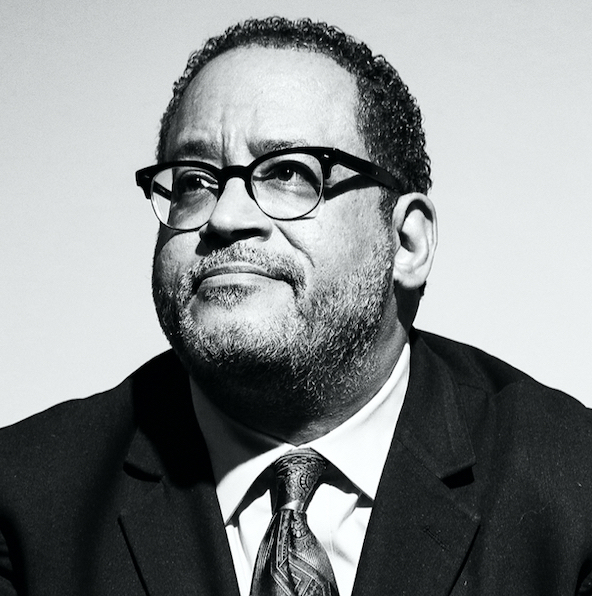Over the last several years in Philadelphia, we have witnessed the erection of the first monument to a Black man in our city, abolitionist Octavius Catto; the first mural to a legal and civic giant, A. Leon Higginbotham, Jr.; a community effort to rename a street from Taney — named for the Supreme Court justice who wrote the Dred Scott decision — for Caroline LeCount, Philly’s own Rosa Parks; and a school renamed from racist president Andrew Jackson to former slave-turned-educator Fanny Coppin Jackson.
Like these people, to me, the All Stars are the everyday folks who are doing the heavy lifting for their race and culture: Teachers, sanitation workers, people who work the traffic lights and run nurseries — both for kids and for your grass — the people who are clerks in local stores. They are the preachers who reach masses of people on a daily basis; the writers whose praises don’t get as well-sung as they should; the social activists who are out there trying to make a better life for us even when we don’t understand what’s at stake.
These are the people Dr. Martin Luther King, Jr., referred to as the “ground crew without whose labor and sacrifices the jet flights to freedom could never have left the earth.”
15
Juanita Kidd Stout
Judge
Juanita Kidd Stout
Judge
1919-1998
Juanita Kidd Stout was the first Black female judge in Pennsylvania. An Oklahoma native, she moved to Philadelphia after graduating Howard Law School and receiving two law degrees from Indiana University to work, for Judge William H. Hastie of the U.S. Court of Appeals. After five years, she served in Philadelphia’s District Attorney’s office, and was elected to sit as a judge of Philadelphia’s Municipal Court. She was appointed by the governor to be a Justice for the Pennsylvania Supreme Court in 1988, becoming the first African American woman to serve on a state supreme court.
At age 70, Stout reached the required retirement age for the supreme court and was asked to step down. She returned to the Common Pleas Court and worked until her death. During the Kennedy administration, she also was a special ambassador to the Kenya Independence Celebration and was in the White House Conference of Youth.
Stout was known for being tough but fair, and her passion for her work was palpable. She was a mentor for younger attorneys and particularly inspired women to start practicing law.
Accomplishments:
- First Black woman state Supreme Court Justice in the country
- Henry G. Bennet Distinguished Service Award recipient
- In 2012, the Philadelphia Criminal Justice Center was renamed in her honor
Last Word: “She created a number of firsts,” Ed Rendell told The Inquirer in 2012, “but the thing that was so important about Judge Stout was that she would have been a brilliant judge at any level — trial court, Superior Court, Supreme Court, whether she was a man, whether she was white, Asian, Hispanic.”
Reporting by Aly Kerrigan and Ethan Young.


